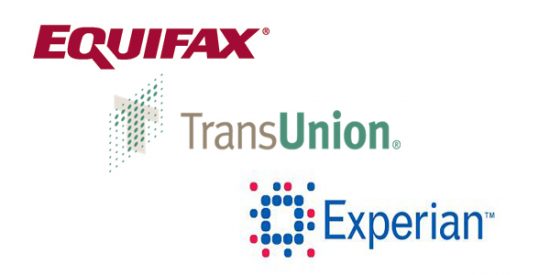How Do Credit Bureaus Differ?

Do you know your credit score? More importantly, do you know where your credit score comes from and why it’s so important to your financial health to understand your credit score. So, how do credit bureaus differ?
Credit scores are more than just a three-digit number; they’re what lenders use to determine how creditworthy you are. That matters if you’re trying to get a car loan, open a credit card, buy a home or refinance your mortgage.
Your credit scores are calculated using your credit reports, which are furnished by three companies: Equifax, Experian and TransUnion. While all three credit bureaus serve a similar purpose, there are some differences in how they generate your credit report and score.
What information do the credit bureaus collect?
Your credit report is a mix of personal and financial information. Generally, all three bureaus include your personal details on your report, such as your name, Social Security number, address history and employment history. Additionally, they also collect information for each of your credit accounts, including:
- The name and address of each creditor
- Your account numbers
- Your account balances and credit limit
- Payment history
- How often you apply for new credit
- Age of your credit accounts
- Collection accounts
- Public records, such as judgments, liens and bankruptcies
Of these details, there are five specific factors that affect your credit score calculation. In order of importance, those are your payment history, credit utilization (meaning how much of your available credit you’re using), length of your credit history, account mix and inquiries for new credit.
Together, these are used to generate a credit score ranging from 300 to 850. If you’re wondering what is an excellent credit score, it’s generally anything over 720. With a score in this range, it’s much easier to qualify for loans, credit cards and other lines of credit and you’ll have a higher chance of receiving the best interest rate terms.
How do the credit bureaus differ?
The differences between Equifax, Experian and TransUnion lie with how information is collected. For example, Equifax tends to include more information about employment history than the other two, including your position and the dates you worked for a particular employer, versus just their name.
One thing that’s important to understand about the credit bureaus is the information they include in your credit report is given voluntarily by your creditors. A creditor could choose to report your car loan to Experian, for example, but not Equifax or TransUnion. Your account activity for the loan would be included in your Experian credit score calculation but it wouldn’t affect your scores with the other two bureaus.
Credit scores can also differ between the bureaus even when the data they have is the same. This is because each bureau uses a FICO scoring system that optimizes the value of their own unique data.
Understanding these differences is important if you’re planning to finance a major purchase, like a home. You could have a high credit score with some bureaus and a lower one with others, which may affect your chances of being approved. Checking your credit report and score regularly can help you better understand what’s affecting your credit rating. Consider joining Credit Sesame to get your free credit score instantly and receive ongoing credit monitoring alerts.
I’m a personal finance freelancer writer and website manager. Feel free to connect with me at firstquarterfinance.com.

